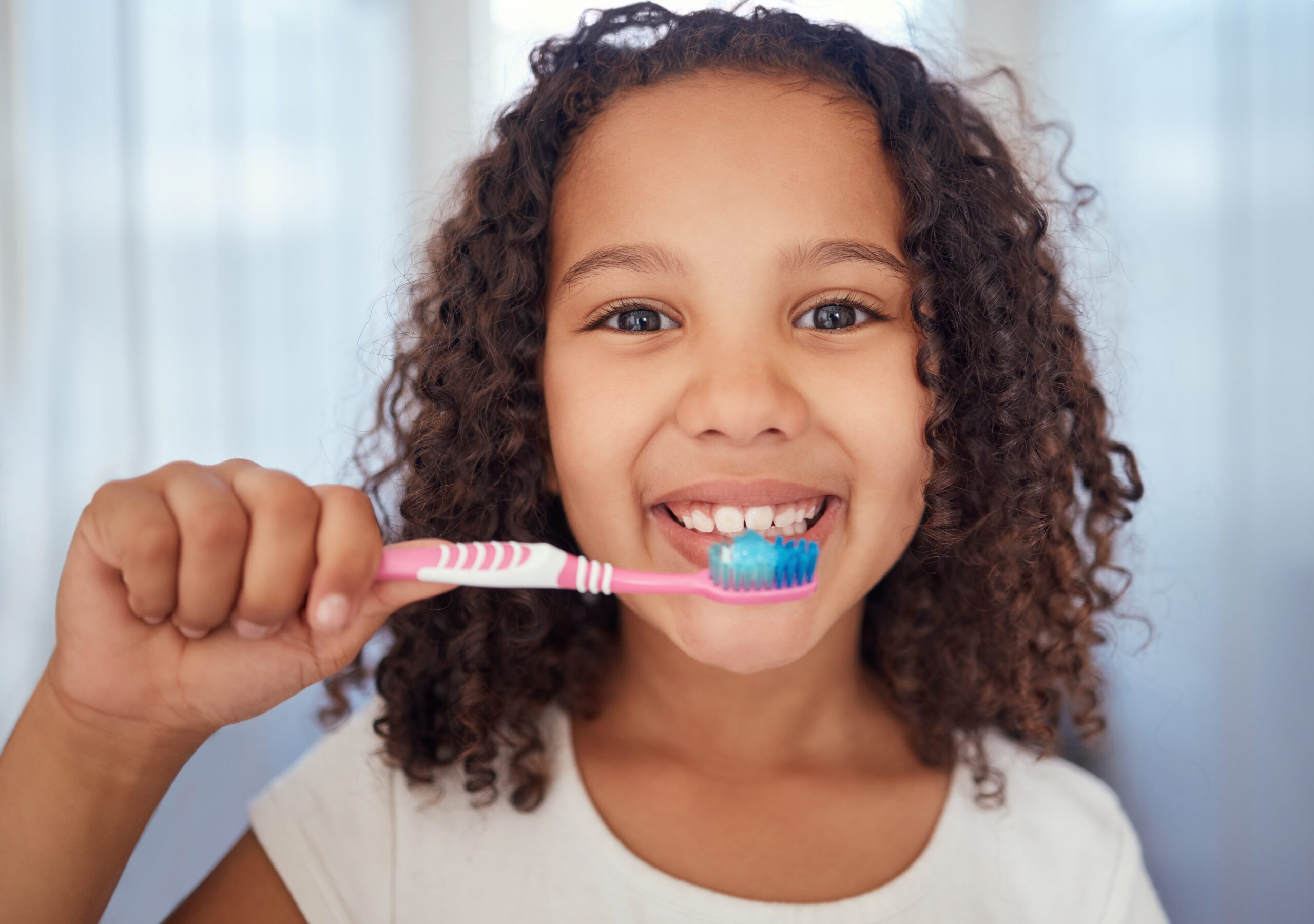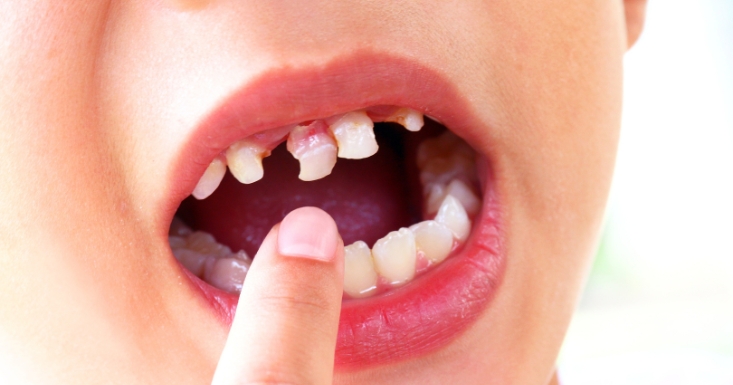
Have you ever woken up with an aching jaw right after waking up from a disturbed night’s sleep? Your bedtime routine and dental health are interlinked. If you have been neglecting your sleep schedule due to work or other personal reasons, it’s time to pay attention to it.
Lack of proper rest might eventually affect your overall dental health. Read this blog to learn how the absence of an ample amount of sleep might affect your mouth.
How Sleep Shortages Affect Your Smile?
When you sleep soundly throughout he night, your body is utilizing those precious hours of rest to fix, renew, and protect itself. When you take shortcuts with sleep, your mouth tends to suffer.
In fact, specialists in this field believe that individuals who sleep fewer than seven hours per night are at a higher risk of developing periodontitis, a painful gum infection that may ultimately result in tooth loss.
Does Lack of Sleep Cause Inflammation and Immunity Problems?
Sleep deprivation might cause swelling all over your body, including your gums. It can manifest as:
- Swollen, sore, or bleeding gums
- Greater risk of gingivitis
- Mouth sores or canker sores
Your immune system is your body’s first line of defense against infection. When you don’t get enough sleep, your immune system slows down. Naturally, it struggles to resist oral bacteria and recover from even small mouth injuries. See a dentist in Austin to look for a solution.
This might put you at risk of experiencing infections, cavities, and gum disease.
Dry Mouth: A Threat To Oral Health
Is dry mouth keeping you up at night? Poor sleep, particularly when it is associated with snoring or sleep apnea, often results in breathing through the mouth. This dries out your mouth, reducing saliva, your body’s natural cleanser.
The absence of saliva might help the growth of bacteria in your mouth, causing tooth decay, gum disease, and even tooth loss.
Teeth Grinding and Its Effects On Oral Health
Sleep disorders such as sleep apnea not only disturb your sleep, but they might also make you grind your teeth. This can:
- Wear away tooth enamel
- Make your teeth sensitive
- Result in jaw pain and headaches
If you wake up with jaw pain or see your teeth appear worn, it may be time to discuss with your dentist. Moreover, a lack of proper routine might make you skip brushing or flossing, which can be tempting.
How to Protect Your Smile?
Try to include these habits in your daily routine:
- Aim for a consistent bedtime and waking time, even on weekends.
- Dim the lights, avoid screens, and sip a calming herbal tea before bed.
- Don’t consume sugary or caffeinated drinks after dinner.
- Even if you’re tired, brush and floss before bed.
- If you snore or suffer from teeth grinding, see a dentist for mouth guards and sleep tests.
- Drink enough water or chew sugar-free chewing gum to keep your mouth wet and rinse bacteria away.
Dental professionals can identify early warning signs of sleep-related dental problems, from enamel wear to gum inflammation. Though self-initiated steps can help you, only a professional can properly guide you on the way to complete wellness. Oral issues caused by sleep problems can affect your overall and dental health.
Are you ready to safeguard your smile and sleep schedule? Contact us today for a consultation.



